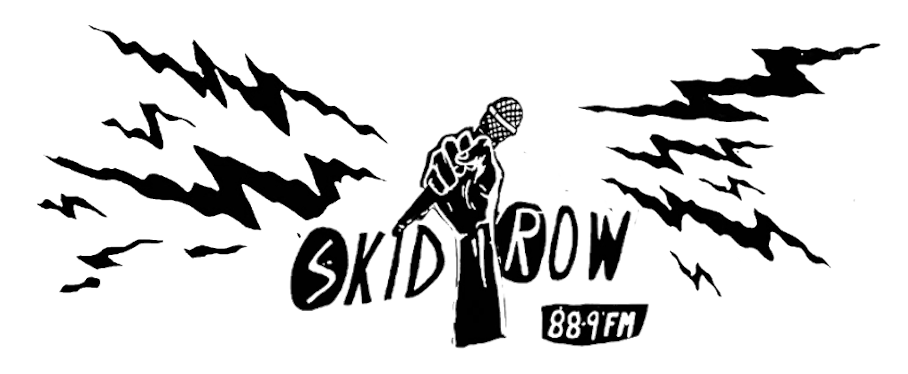The future of Radio Skid Row in Sydney is under threat following the announcement by the Community Broadcasting Foundation (CBF) not to fund the station’s operational costs. Skid Row has consistently made successful applications to the CBF grants process for ethnic funding for more than 30 years, and last year the station received approximately $150,000 for operations. The unprecedented decision, which affects around ten stations across the country, means that radio stations with only a few hours of ethnic programming will receive substantial funding increases, while stations like Radio Skid Row with 47 hours per week of ethnic programs will receive $0 in operational funding.
“The decision makes no sense to us. They chose to kneecap the most historically and radically diverse station in New South Wales, maybe even Australia” said Radio Skid Row president Huna Amweero.
Ethnic programming makes up more than 70% of Radio Skid Row’s schedule and in the past Radio Skid Row has received an annual operational allocation to support the service. This is the first time in the history of the ethnic funding that the station has received no operational support for the 47 hours of community language programs broadcast each week.
Radio Skid Row is well known for having an impact which far outweighs its relatively small broadcast footprint of the inner city and inner west of Sydney. In the 1980s, Skid Row established Radio Redfern supporting a collective of Indigenous broadcasters who were dreaming of their own radio station. In the 1990s, Radio Redfern became Koori Radio and continued to broadcast on Radio Skid Row until finally winning their own license in 2001. The station also pioneered Pacific Island and African community broadcasting at a time when the rest of the sector was virtually ignoring new and emerging communities. More recently, the older Skid Rowers – many who have been on air for more than 20 years – handed over the management of the station to a new generation of media activists. The station has launched a number of new projects including Blak Fridays, the Survival Guide podcast and a BIPOC media collective.
“It’s an astonishing decision made during the period of the Black Lives Matter movement and the increased calls for more diverse voices in the Australian media,” said Amweero.
As if the year of COVID-19 did not put enough pressure on this important radio station, the Skid Row team are now faced with getting through the current financial year on their limited reserves.
“We need to be completely independent, free from the predominantly white bureaucracy of the sector and be supported by community if we’re going to be here for the next generation. In a sense we’re buying our freedom back to become independent and allowing our communities to have a voice without the fear of funding cuts,” Amweero said.
What this means in practical terms is that Radio Skid Row has to accelerate its five-year plan to become independent. At the end of October, the station is launching a major online fundraiser to close the gap in this year’s funding and keep the station open.
“After 38 years of survival, of pioneering community radio, getting through floods, the leaking roof, broadcasting remotely during COVID and now funding cuts, we know we’re going to make it, but we can’t do it without the community’s support.”
This is an SOS we need your support to keep Sydney’s most radical radio station on the airwaves! Every dollar counts, no donation is too small. Over the next six weeks we will be sharing stories from our broadcasters across social media, so keep it locked! For more information and to donate go to: https://startsomegood.com/radioskidrow2020
